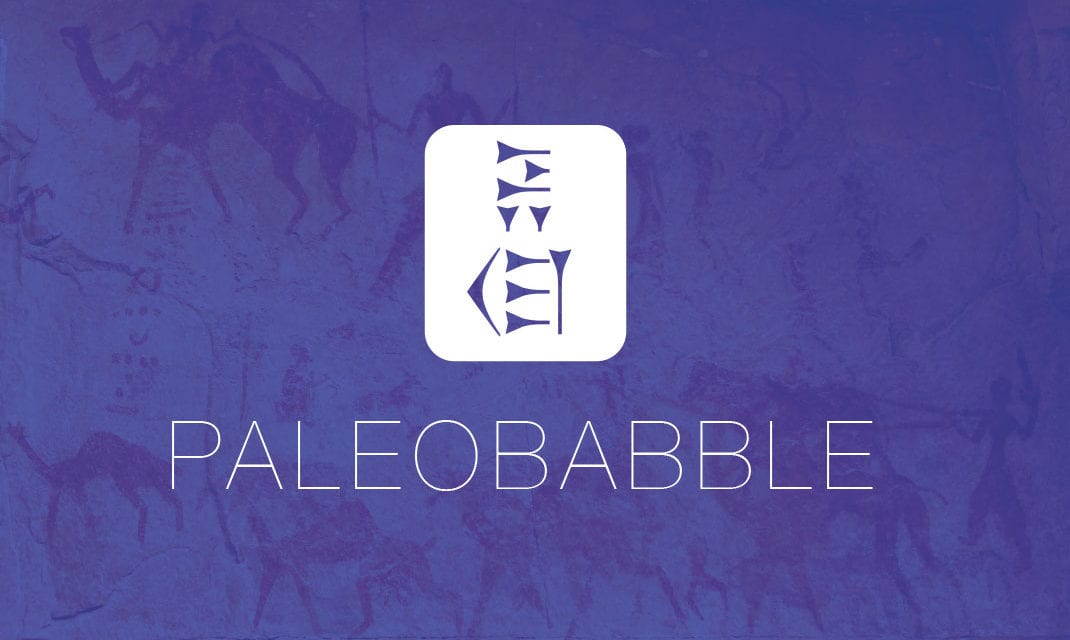I’ve posted this link over on my Naked Bible blog as well. It’s a good introduction to the topic, and pertinent to paleobabbling on the web in several ways. The myth of scroll secrecy and how “Bible believers” fear the scrolls come immediately to mind. Thanks to the ETC blog for the link!
Quick Introduction to How the Dead Sea Scrolls Help Establish the Text of the Hebrew Bible






Thank you for that link. A good, sensible, non-polemical article on a fascinating subject.
Hi Michael. Its very amazing to see this dedications in maintening correctness with these ancient writings even across translations. In your opinion, which version is older , The Isaiah version in the Scrolls or the one contained in the Septuagint ?
Cordially
Stphn
if you are asking about the manuscript itself, then the Isaiah scroll. The question is actually a bit misplaced, though, since the LXX would have been based on a Hebrew manuscript no longer extant (in its entirety) but which is witnessed to within the Dead Sea Scrolls (in Isaiah material, but mostly in material there for 1 Samuel). That would mean there is no way to give chronological priority to LXX (Hebrew) or Masoretic Hebrew — they both go back to Qumran. (And Qumran witnesses to a variety of Hebrew Bible texts (think english versions of the Bible today – there are many). That tells us they didn’t care about elevating one to priority. They kept and copied them all.